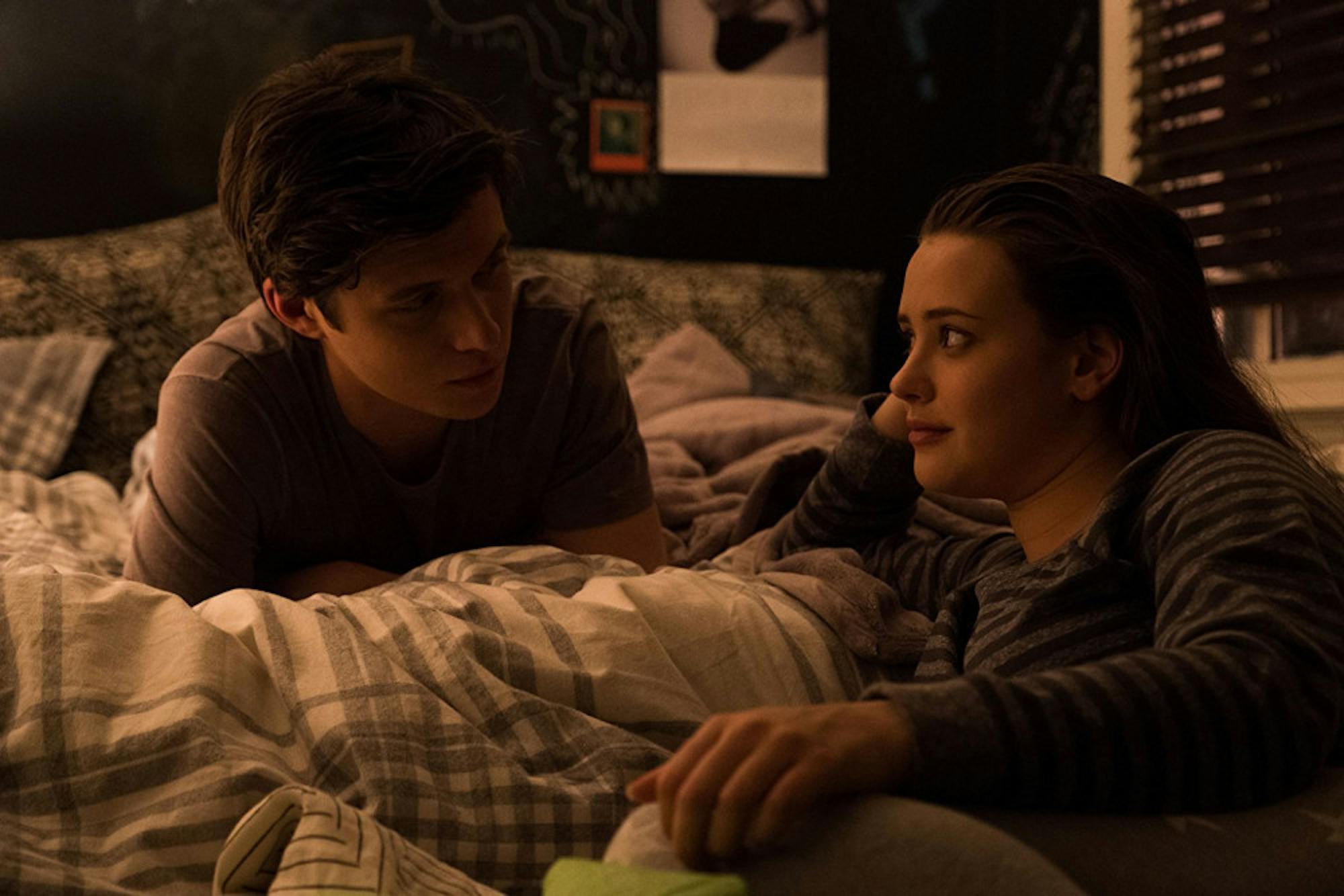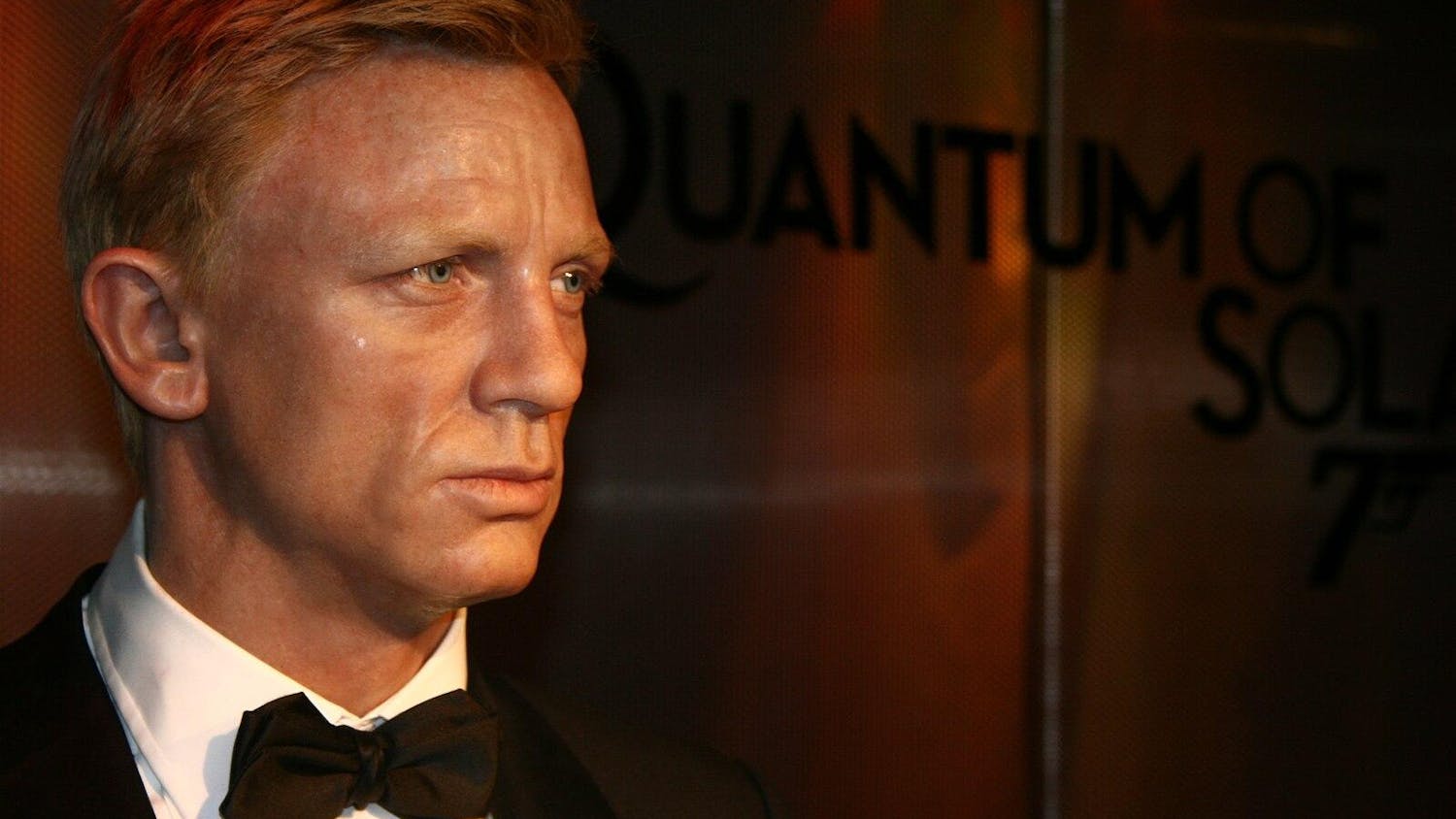“In reality, I’m not the leading guy. Maybe I’m the best friend.” This sentiment, from Becky Albertalli’s novel “Simon vs. the Homo Sapiens Agenda” (2015), is something gay teens are far too familiar with. The majority of Hollywood films are utterly devoid of any LGBTQ-identifying characters, and on the rare occasion that there is such representation, the gay male is delegated to the role of “sassy confidant,” almost as if he exists for the sole purpose of adding diversity to the movie. However, in “Love, Simon” (2018), the movie based on the 2015 book, the gay character is not only the protagonist but possesses an identity that goes far beyond his sexual orientation and is exactly what Book Simon, as well as every other high school student struggling with their sexuality, needs to see more of in the film industry.
When Simon (Nick Robinson) describes himself at the beginning of the movie, the word he latches on to is “normal.” His family is normal, his friends are normal — everything about his life is normal. Except he has “one huge-ass secret.” Simon is gay. Because of the outrageous intolerance at his school (the only out gay student is constantly ridiculed), Simon must keep this secret to himself, fearing that someone will find out the truth. However, after a classmate leaves an anonymous post on the school blog about the difficulties of being gay and attaches his email, Simon reaches out (also anonymously), glad to finally have someone in his life who understands him. Through his correspondences with the other student (who goes by “Blue”), Simon begins to come to terms with who he is and realizes with some help from his friends and family that being different is of little importance, because at the end of the day he is still Simon, and that is all that should matter.
The movie’s message would be nowhere near as forceful as it is if not for the phenomenal acting. As a gay teen, it was painful to watch Simon struggle to accept himself, and the difficulty with which he eventually comes out brought many in the audience to tears. The supporting actors are also excellent and serve as a reminder that, no matter what obstacles you confront in your life, there will always be people to help you overcome them. Simon’s mother (Jennifer Garner) promises him that she will always love him, and his dad (Josh Duhamel) laments over the years he has spent without truly knowing his son. Hopefully, these performances will inspire others in Simon’s position to be brave and make them realize that they are not alone.
Nevertheless, the movie strives to remind viewers that Simon’s sexuality does not define him; he is a completely normal high schooler. Thus, the majority of the film revolves around the relationships he has with his friends and the ones they have with each other. The confused love triangle involving his friends Abby (Alexandra Shipp), Leah (Katherine Langford) and Nick (Jorge Lendeborg Jr.) not only adds another layer of excitement and tension to the film, but also reinforces the notion that everyone is confused in high school, regardless of sexuality. Perhaps the best scene of the film is a fantasy sequence in which the three friends come out as straight to their parents, and the subsequent ridiculous reactions suggest that coming out should not have to be the norm, since all teenagers have parts of their identities that they are scared to show the world, and sexuality is just one such aspect. The acting allows the audience to view Simon as just another character, which is exactly what he is.
Especially noteworthy is the crew. In an introductory video message, Robinson and director Greg Berlanti remind the audience that a movie is impossible to make without the hard work of the crew, and “Love, Simon” demonstrates the truth of this statement. There are several scenes throughout the movie, including a football game, a school play and a carnival, that require a great deal of effort in the sound and lighting departments, as well as the many hands needed to build these immense sets in the first place. Because of the crew, the movie possesses the magical quality that it deserves, and we feel as though we are there with Simon, rooting him on alongside his classmates as he kisses “Blue” at the top of the Ferris wheel. Simon’s story resonates with everyone, regardless of age, gender and even sexuality.
Indeed, “Love, Simon” is a groundbreaking film that everyone needs to see. Across the country, celebrities who understand the historical significance of the movie, including Neil Patrick Harris and Kristen Bell, have bought out entire theaters so that anyone who wants to can watch “Love, Simon” for free. In a nation where members of the LGBTQ community continue to face rampant discrimination (even the vice president has advocated for conversion therapy), it is important to remember that people who identify as LGBTQ are just as human as everyone else, no more and no less. This lesson is particularly meaningful for Hollywood, as many of our beliefs about the world develop from what we observe in movies. Society cannot change unless films change — specifically in their representation of homosexual characters — and “Love, Simon” is a magnificent beginning.
'Love, Simon' promotes diverse representation of sexuality through sweet coming-of-age romance

Nick Robinson and Katherine Langford star in 'Love, Simon.'
Summary
"Love, Simon" is a captivating, heart-wrenching film that illustrates the need for more realistic gay characters in movies.
5 Stars





